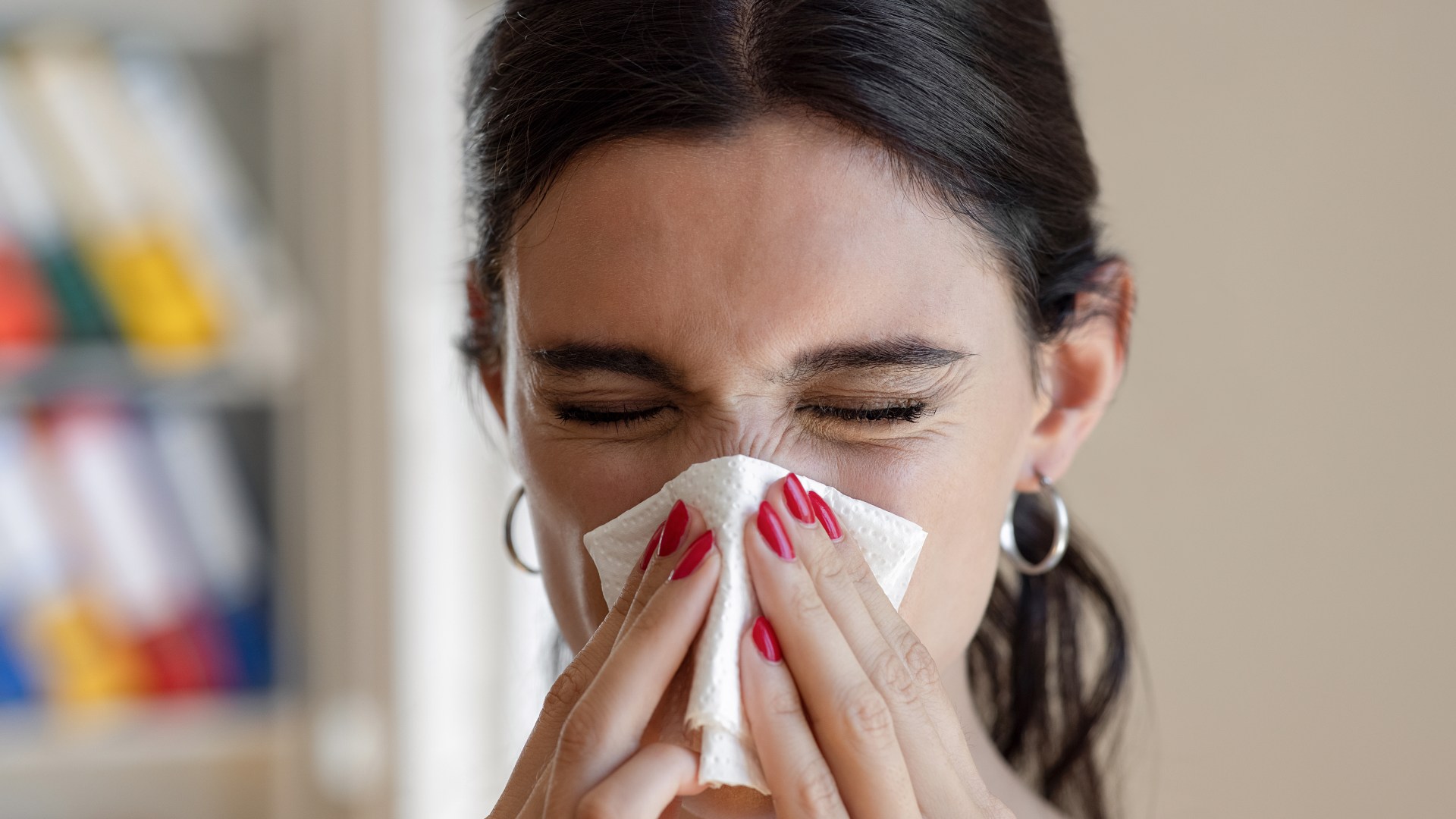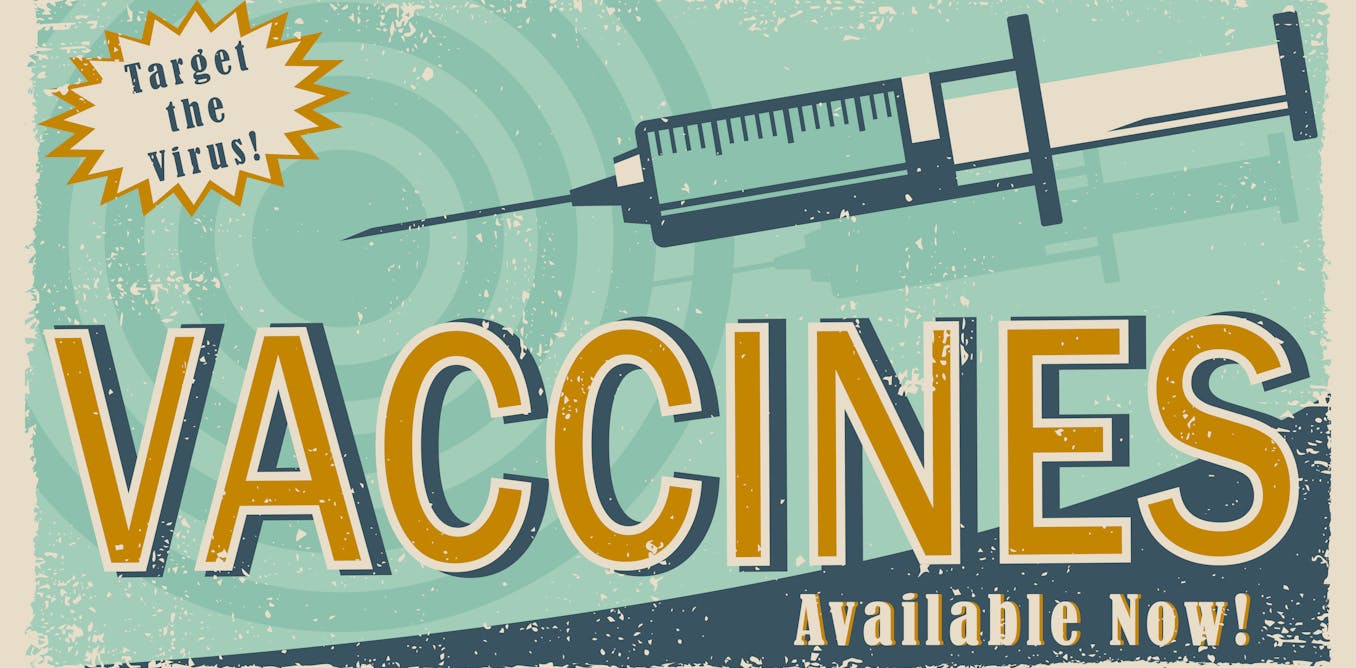THERE is arguably nothing worse than feeling a cold coming on.
Those all too familiar symptoms, sore throats, runny noses and pressure in your face, strike children twice as many times a year as adults.
2
And with a new Covid variant driving up new cases, a rise in RSV cases and flu poised to strike, it seems like everyone is coming down with something at the moment.
While it can be hard to tell all three bugs apart, a cold, on the whole, tends to be a little milder.
There’s no proven way to get rid of cold, however, several medicines and remedies can help ease the symptoms, TV pharmacist Thorrun Govind tells Sun Health.
“The crux of getting yourself better involves lots of rest, sleep and water; this will give your immune system the best chance,” she tells The Sun.
She also stresses the importance of keeping yourself hydrated.
You don’t need to gulp down two litres of water – tea and coffee also work
“You can also try drinking some fruit juice or squash – the important thing here is to avoid dehydration,” Thorrun explains.
The main reason to pay close attention to your fluid intake when you’re sick is that you are probably neglecting your normal eating and drinking habits.
On top of this, you’re also losing water to congestion and a fever.
Treatments that DO work
If those pesky symptoms are getting the better of you, Thorrun says there are a few treatments you can try.
“Try gargling some salt and water to treat a sore throat,” the pharmacist suggests.
To do this, dissolve half a teaspoon of salt in a glass of warm water.
Gargle with the solution, then spit it out. Repeat as often as you would like.
According to Penn Medicine, salt water can help kill bacteria, ease pain, and loosen mucus, helping to relieve symptoms.
For those wanting to relieve their blocked noses, try some decongestant medicines.
“Nasal sprays work much quicker than tablets because the decongestant reaches your blocked nose almost instantly,” Thorrun explains.

2
In fact, health experts in the US claimed decongestants when used in oral medicines (rather than nasal sprays), don’t work at all.
“Make sure you don’t use these sprays for longer than five days,” she warns. “As using them for any longer can make your nose more blocked, even after the infection has cleared up”.
Recently, scientists have found that saline nasal drops can reliably shorten a child’s cold by two days, in addition to reducing the risk that they’ll pass the bug on to their parents or other family members.
Meanwhile, the best way to ease the aches and pains that often come with a cold is to pop some paracetamol and ibuprofen, Thorrun adds.
“You can take both these at the same time, but make sure you keep track of how much you take so you don’t take too much,” she explains.
Myths to avoid
“Some people take vitamin C, but there is very little evidence to suggest it helps with a cold,” Thorrun warns.
Some studies suggest the vitamin could help clear up a cold faster, but the evidence is still inconclusive.
“Another popular product for cold and flu among patients is echinacea, but there isn’t much evidence to suggest it does anything,” she adds.
Echinacea is a plant that experts once thought stimulated the immune system to fight infection more effectively.
Recent studies have found that dietary supplement does little to reduce the time you feel ill.
Thorrun warned people asking for or using against using left-over antibiotics they might find in their house.
“You won’t need antibiotics if you have a cold because colds are viruses, and antibiotics are only effective against bacteria,” she says.
Prevention is better than cure
Like with all illnesses, when it comes to a cold, prevention is better than cure.
“To avoid getting a cold, wash your hands regularly, particularly before touching your nose or mouth and handling food,” Thorrun says.
And if you live with someone with a cold, don’t share items like a towel or cup with the ill person.
When to see a GP
You only need to see a healthcare professional if your cold symptoms persist for more than three weeks or if they worsen suddenly.
You should always seek help if you develop breathing difficulties, chest pain, or start coughing up bloodstained mucus.
Which cold and flu remedies actually work?

Sun Health reporter Isabel Shaw put nine well-known cold and flu remedies when she was struck with a lurgy.
Over the course of a week, she tried products targeted at all symptoms associated with cold and flu, as well as treatments that only aimed to get rid of specific issues.
These included:
- Hot honey and lemon
- Steam inhalation and Vicks Vaporub
- Echinacea
- Chicken soup
- A spicy curry
- Beechams All in One Oral Solution
- Strepsils
- Lemsip Max
- Sudafed Blocked Nose Spray
She took into account pain reduction, and how quickly and for how long they worked.
Read her full verdicts here.




